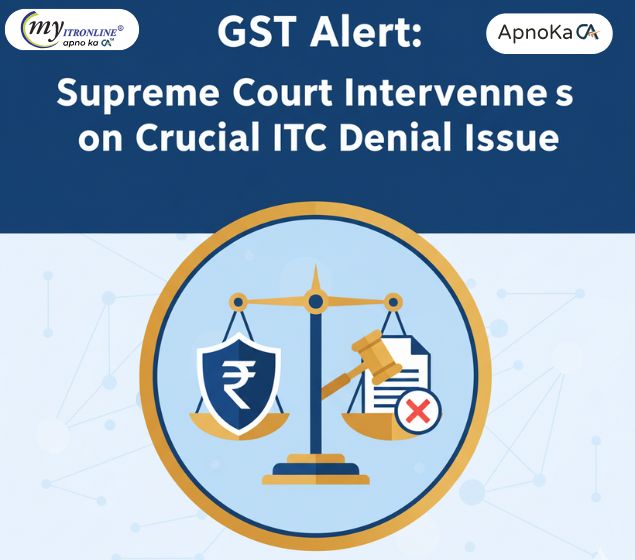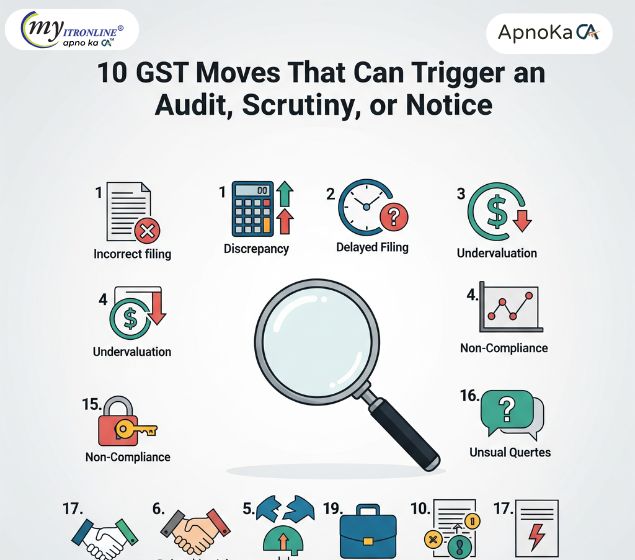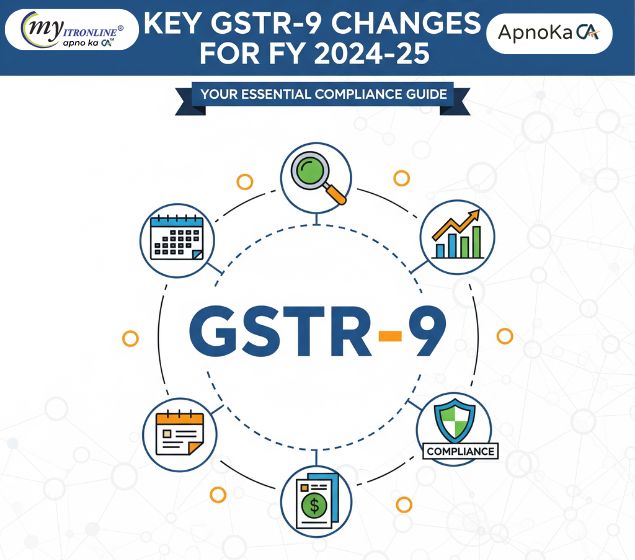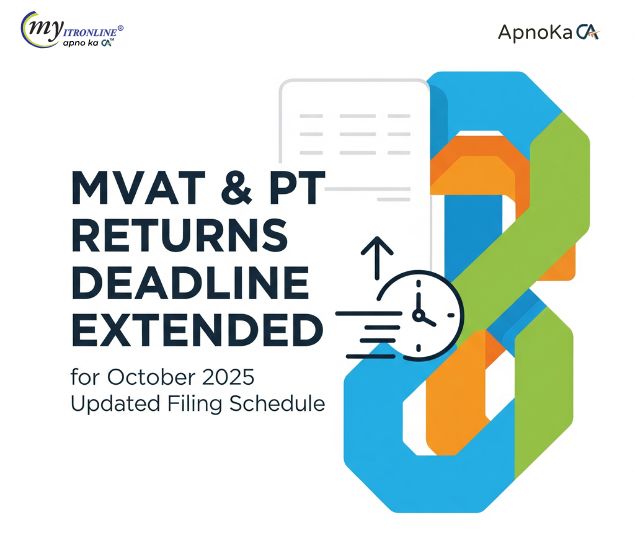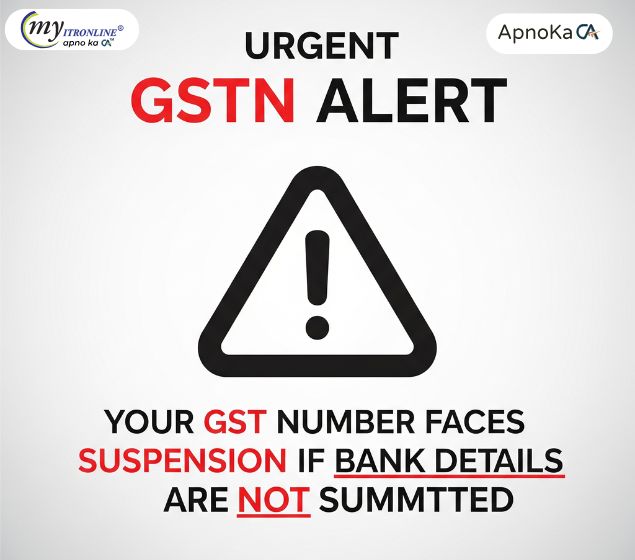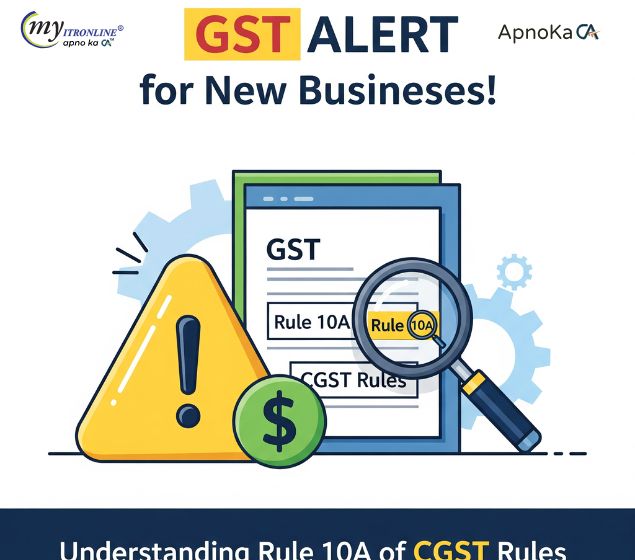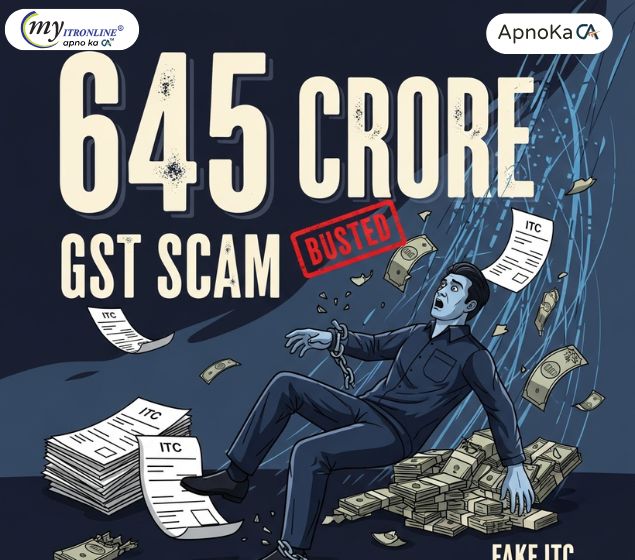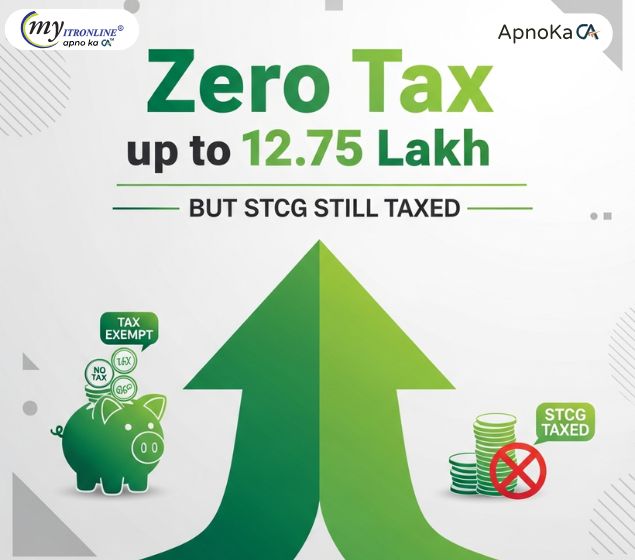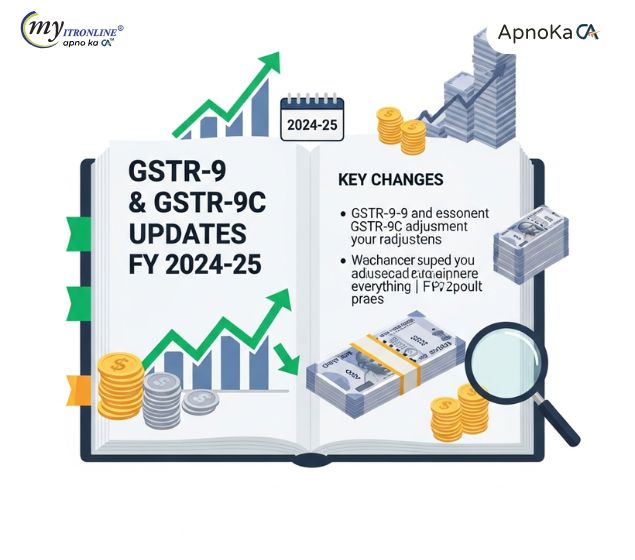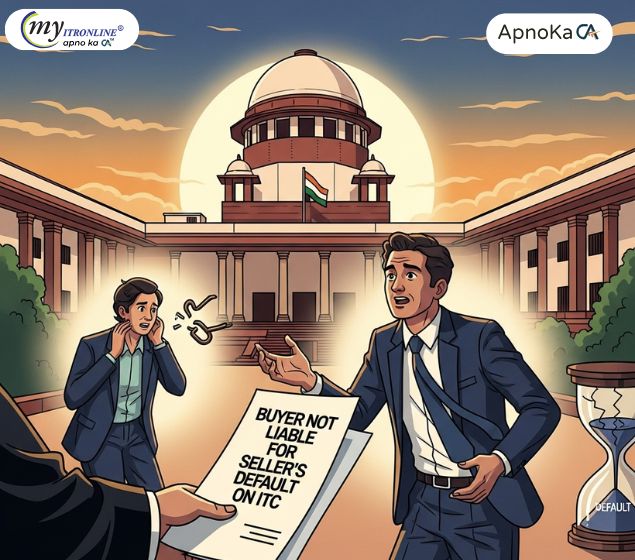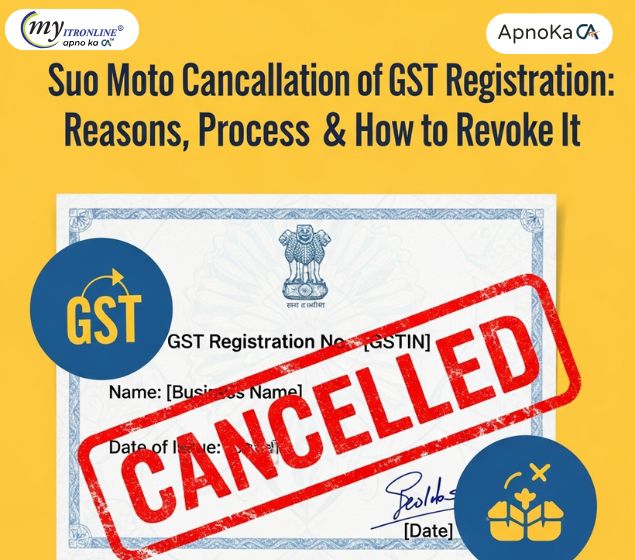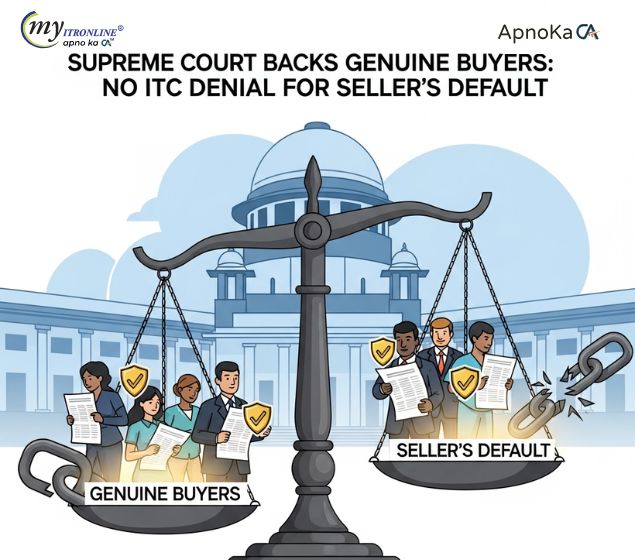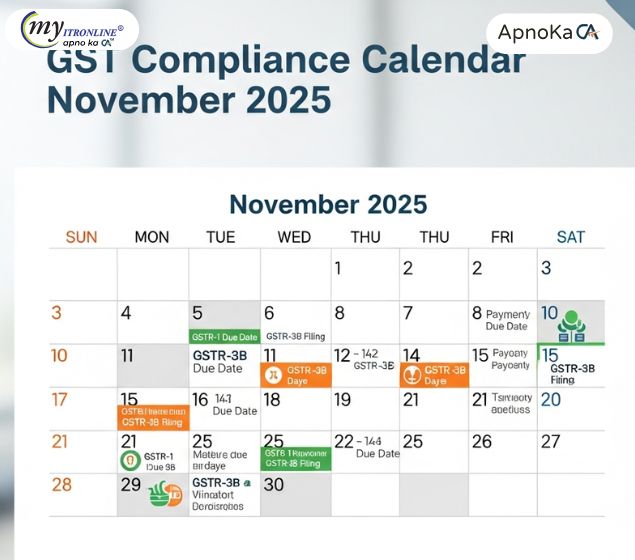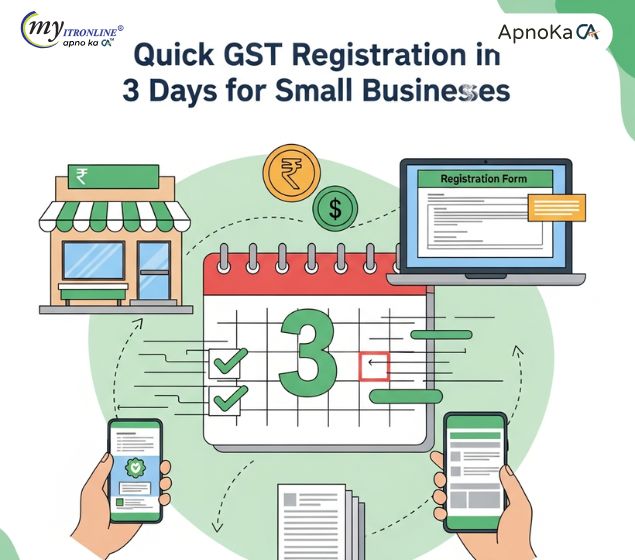Revenue and Digital Payments: The Proposed 18% GST on Small-Value Digital Transactions
The blog explores the recent proposal put up by the GST Council to charge payment aggregators 18% GST for enabling small-value digital transactions up to ₹2,000 that are done using credit and debit cards. It investigates how this action can affect different parties, such as customers, merchants, and payment aggregators. The article also addresses the possibility of a shift in payment preferences in favor of options like UPI, which is not currently subject to these tax ramifications. It also emphasizes the background of the 2016 service tax exemption on small-value digital transactions, which was implemented to encourage the use of digital payments in India.
.jpg )
Introduction
Intense discussion has been generated in the banking and business sectors by the most recent developments about the Goods and Services Tax (GST) on payment aggregators. Notifications of GST demands have been sent to payment processors (such BillDesk and CCAvenue) for transactions under ₹2,000. This ruling may have an impact on India's digital payment tax landscape, particularly with regard to small-scale transactions, which account for a sizable portion of the nation's digital payment ecosystem.
Context of the Present-Day GST Exemption
In the past, GST has not applied to payment aggregators in India for transactions under ₹2,000. During the demonetization period in 2016, this exception was put into place to promote digital transactions and alleviate shops of extra expenses related to low-value transactions. The goal was to encourage the usage of digital payments, especially among small businesses and everyday consumers.
Since more than 80% of digital transactions in India fall below the ₹2,000 threshold, routine commerce depends on the exemption. As middlemen between consumers and retailers, payment aggregators have historically assessed fees to merchants that range from 0.5% to 2% per transaction, exclusive of GST.
Modifications Suggested by the GST Council
At its meeting on September 9, 2024, the GST Council will recommend imposing an 18% GST on payment aggregators for transactions under ₹2,000. According to the advice of the GST Fitment Panel, these aggregators should be classified as intermediaries rather than banks so that they are liable to GST under the current tax system.
Consequences of the Suggested GST
Enhanced Merchant Costs
In the event that GST is implemented, payment aggregators will almost certainly charge merchants more. A ₹10 payment gateway fee is now applied to transactions totaling ₹1,000. This might cost about ₹11.80 more with the proposed GST. Even while this might not seem like much for a single transaction, the total impact across several transactions might be rather large for small businesses.
Impact on Small Business
The higher tax burden may cause financial hardship for small businesses that primarily deal in low-value transactions. Smaller merchants may be discouraged from taking digital payments as a result, even if they are necessary for their daily operations.
Concerns About Retrospective Taxation
It appears that the GST authorities are making an effort to collect taxes from the 2017–18 fiscal year, which fell within the period when the GST regime was put into place. Payment providers are concerned about whether they will be able to collect these taxes from merchants, many of whom may not have budgeted for this unforeseen cost, in light of this retrospective requirement.
Possible Payment Preference Shift
Since the planned GST only applies to debit and credit card transactions, there might be a shift back toward cash transactions or toward using the Unified Payments Interface (UPI), which does not now impose transaction fees or retailer discounts. Over 80% of retail digital payments in India are made through UPI, which has proven incredibly popular and is still free from these new tax consequences.
Industry Reaction and Prospects
Proposed modifications have been met with concerns from industry heavyweights, such as CCAvenue and other payment aggregator groups. They contend that by enabling millions of small and medium-sized businesses (SMEs) to accept digital payments, the payments sector has significantly contributed to the advancement of the government's Digital India project. In an effort to promote the interests of the payments ecosystem and obtain clarification, the Payments Council of India has been in touch with the finance ministry.
The result of this discussion, which the GST Council is getting ready to hold, would have a big influence on digital payments in India going forward. The operating environment for payment aggregators and merchants alike might change if the council chooses to enact the proposed GST, perhaps increasing expenses.
In Summary
In India's changing tax landscape, the possible 18% GST on payment aggregators for transactions under ₹2,000 marks a turning point. Amidst the ongoing events, parties from the financial sector are intently observing the GST Council's impending decision-making process. The result would affect merchants' and payment aggregators' operating expenses, but it will also have wider effects on India's adoption of digital payments. The way the government approaches striking a balance between encouraging digital transactions and tax collection will be critical in determining how the nation's commerce develops in the future.
FILING YOUR INCOME TAX RETURN F.Y 2024-25 (A.Y. 2025-2026) WITH MYITRONLINE
The income tax filing deadline is right around the corner. If you haven’t filed yet, do it today with Myitronline! Avoid last minute rush and file your tax return today on MYITRONLINE in Just 5 mins.(www.myitronline.com)
If you are looking for eCA assistance to file your income tax return/ GST, you can opt for MYITRONLINE eCA assisted plan starting
Upload Salary Individual Form-16
If you have any questions with filing your tax return, please reply to this mail. info@myitronline.com OR call 9971055886,8130309886.
Note-All the aforementioned information in the article is taken from authentic resources and has been published after moderation. Any change in the information other than fact must be believed as a human error. For queries mail us at marketing@myitronline.com
Krishna Gopal Varshney
An editor at apnokacaKrishna Gopal Varshney, Founder & CEO of Myitronline Global Services Private Limited at Delhi. A dedicated and tireless Expert Service Provider for the clients seeking tax filing assistance and all other essential requirements associated with Business/Professional establishment. Connect to us and let us give the Best Support to make you a Success. Visit our website for latest Business News and IT Updates.
Leave a reply
Your email address will not be published. Required fields are marked *Share this article
Krishna Gopal Varshney, Founder & CEO of Myitronline Global Services Private Limited at Delhi. A dedicated and tireless Expert Service Provider for the clients seeking tax filing assistance and all other essential requirements associated with Business/Professional establishment. Connect to us and let us give the Best Support to make you a Success. Visit our website for latest Business News and IT Updates.
View articles








